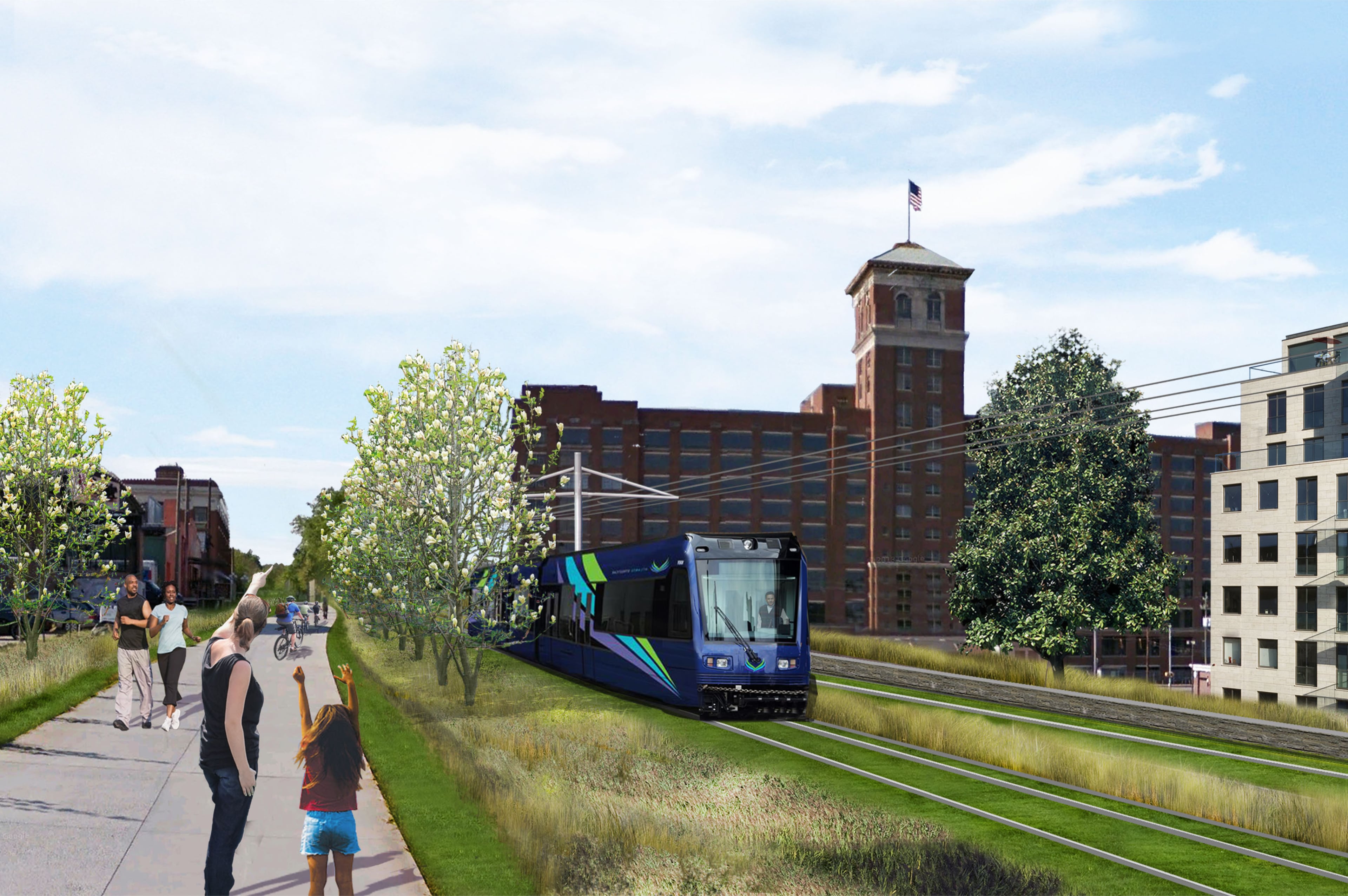Atlanta home prices, sales dip again in November

Home prices and sales declined again in metro Atlanta in November compared to the month before, as the Federal Reserve’s inflation fighting efforts continue to put a fall frost on the housing market.
Georgia Multiple Listing Service, which tracks home sales in 12 metro Atlanta counties, found the median sales price in the region in November was $370,000 — up 4.2% from November a year ago, but down 2.6% compared to October.
The number of homes sold in November plummeted nearly 40% to 4,244, compared to November 2021. That was about a 13% decline from October. Total active listings, meanwhile, are up nearly 80% compared to a year ago, meaning more inventory is on the market at a time when buyer demand has softened.
A Georgia State University economist, meanwhile, said during a housing market forecast this week that the nation is likely to see a mild recession next year that lasts into early 2024, and that the Fed late next year will pivot from hiking to cutting interest rates to stimulate the economy. Though he said the nation overall is likely to see job growth slow, job losses will likely be centered around white collar jobs, particularly in middle management.
“This means that the single family housing takes it on the chin,” said Rajeev Dhawan, director of the Economic Forecasting Center at Georgia State.
The average 30-year fixed rate mortgage stood this week at 6.3%, down from 7.1% in late October, but double what it was at the end of last year as the Fed raises its benchmark rate to tame stubbornly high inflation. That has made borrowing more expensive, locking some buyers out of the housing market.
As inventory has grown because of the decline in sales, fewer sellers are listing their properties. New listings in metro Atlanta were down 22.4% in November compared to a month earlier as many sellers decided to stay on the sidelines. Sellers don’t see this as the time to trade up for a new house as their current low-cost mortgage is much cheaper than the rates they’ll see for a new purchase.
Bill Adams, president of Adams Realtors, which specializes in homes inside the Perimeter, said he has not seen intown prices drop, though sales volume has ebbed.
Higher mortgage rates have made purchasing unaffordable for some. Others, he said, are trying to get creative, seeking adjustable-rate mortgages with lower introductory rates that will later reset at a higher fixed rate.
But Adams said he expects inflationary pressures to subside next year, and interest rates to eventually decline, though perhaps not to the historic lows seen last year before the Fed hiked interest rates.
What the chill in the market hasn’t fixed are entrenched supply issues that have accelerated the spike in home values seen in recent years.
“What we are seeing in the overall market is still a supply and demand imbalance,” Adams said.
Long-term, as younger adults form families, there are still too few available homes, he said, which will keep prices high.
“The first-time buyer is still in a tough situation from a high-rate standpoint and an affordability standpoint,” Adams said.
‘Wealth position matters’
The U.S. is still adding jobs, and job growth remains a driver of household formation and home sales. But much of the job growth is centered in health care and hospitality, which have not fully rebounded since the pandemic.
Many tech firms nationally are cutting jobs and businesses are tightening belts girding for lower revenues amid an anticipated recession.
In Georgia, hiring is strong and unemployment remains at historic lows. Dhawan, the Georgia State economist, said he thinks overall job growth will slow, but the nation will likely avoid steep losses.
He said Georgia, which has continued to see population growth, is likely to weather the economic storm. But the housing market might see a difficult 2023.
Not only are interest rates higher now, but the stock market has also declined, affecting the buying power for many homebuyers.
“Wealth position matters,” Dhawan said.
John Hunt, principal at Atlanta-based MarketNsight, which tracks and analyzes housing markets in the Southeast, said during the forecast that he does not see a housing collapse like the nation experienced in the 2000s.
Long-term, the nation continues to face a shortage of new rental and for-sale housing that dates to the financial crisis. Now builders are pulling back, but the population is still growing.
“We think the housing shortage is going to get worse over the next year for all those reasons,” he said.
Some of the problems of supply are entrenched in local zoning, Hunt said, which discourages density and different housing types such as townhomes in favor of detached single-family houses. Land, labor and materials costs make building new affordable homes a challenge, and that imbalance in new home construction and demand will worsen home affordability.
“Restrictive and exclusionary zoning is driving prices up,” he said. “Always.”



